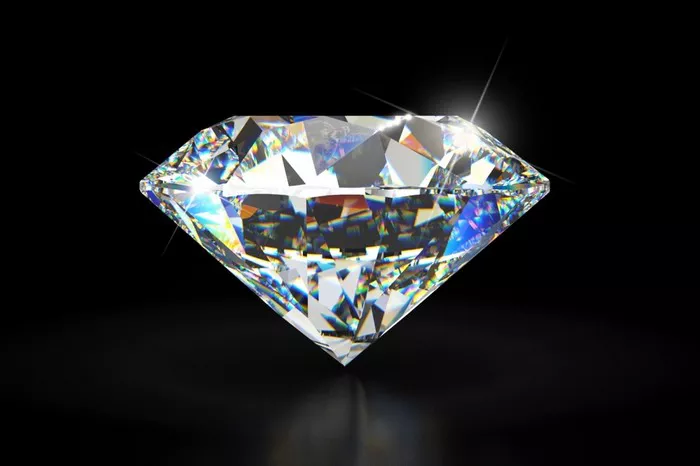Jewelry, throughout the annals of hip-hop’s illustrious past, has functioned as more than mere adornment. It’s been a canvas for expressing ideas, showcasing affluence, or simply captivating onlookers with its brilliance. Diamonds, in particular, hold a special place, epitomized famously by Drake’s $400,000 diamond-encrusted iPhone case.
Yet, not everyone moves in millionaire rapper circles, and the allure of bust-down watches dripping in ice remains out of reach for most. However, there appears to be a niche for such jewelry at a more accessible price point, catching the eye of venture capitalists. Enter Pascal, a direct-to-consumer diamond jewelry startup that has garnered nearly $10 million in VC funding, with $2.5 million from Andreessen Horowitz in early 2023, according to sources familiar with the matter.
Furthermore, the company anticipates generating $20 to $30 million in revenue this fiscal year, with a three-month customer repurchase rate hovering around 20%, as revealed by its founder and CEO, Adam Hua.
Pascal’s proposition hinges on democratizing diamond jewelry by harnessing lab-grown diamonds that mimic the chemical and physical properties of natural diamonds but come at a fraction of the cost. Offering gem-studded jewelry starting at a modest $70, the company aims to carve a niche in the more affordable segment of the broader jewelry market.
“Diamonds hold a unique allure in hip-hop culture, yet they remain beyond the means of many,” remarked Hua. “Cultivated diamonds herald a paradigm shift in the industry’s supply chain.”
While synthetic diamonds have existed since the 1950s, typically finding their way into high-carat jewelry, Pascal distinguishes itself by emphasizing accessibility rather than disruption of the natural diamond sector. The demand for luxury diamonds, particularly for items like engagement rings, will endure,” Hua affirmed. “We are simply introducing a new, affordable diamond category.”
Pascal’s array of diamonds adorns various accessories, spanning from watches to lipsticks, boasting a spectrum of colors seldom found in natural diamonds. Hua underscored the superior brilliance of lab-grown diamonds, noting their suitability for platforms like TikTok.
In sourcing its supply, Pascal looks to Henan, a central Chinese province emerging as a major production hub for synthetic diamonds globally, along with neighboring manufacturing hubs in Vietnam and Thailand.
“It’s inherently a cross-border enterprise,” remarked Hua regarding his company’s operations. Currently, the U.S. constitutes Pascal’s largest market, closely followed by Europe.
Hua’s acumen in the fashion industry precedes Pascal. While pursuing physics at UC Berkeley, he ventured into the sneaker trade, importing footwear from the U.S. to supply resellers in China, culminating in his first million-dollar venture. Subsequently, he founded a peer-to-peer streetwear marketplace in China, securing over $10 million in equity funding and amassing $1 billion in gross merchandise value within three years. His stint in this domain eventually birthed the concept behind Pascal.
“Observing the rising purchasing power of Gen Z consumers, particularly in the realm of hip-hop fashion, sparked the idea,” explained Hua. “There was a gap in the market for diamond products in the $500-$1,000 range, catering to cultural and quality-driven demands.”

